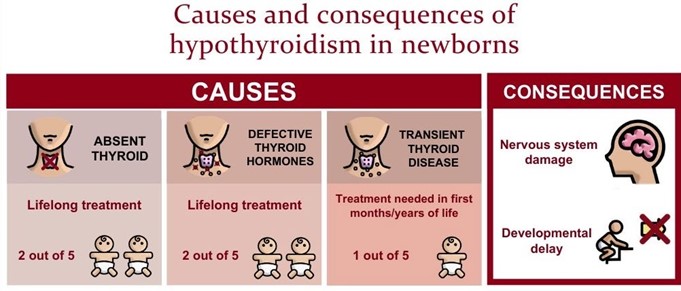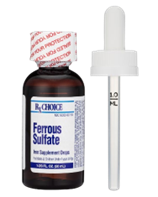The nurse is providing treatment education to the caregiver of a school-age child recently diagnosed with atention-deficit/hyperactivity disorder (ADHD). Which statement(s) made by the caregiver demonstrate an understanding of the education?
Select all that apply.
Understanding that nonstimulant medications show litle benefit in treatment.
Designating an established area for study.
Anticipating being automatically entered into a specialized education plan.
Knowing that medication is not always the best approach to treatment.
Maintaining a consistent home schedule.
Correct Answer : B,D,F
Answer: B, D, F
Rationale:
A) Understanding that nonstimulant medications show little benefit in treatment: This is inaccurate, as nonstimulant medications like atomoxetine can be effective for ADHD, especially in children who may not tolerate stimulants. Nonstimulants are often considered a viable alternative or adjunctive treatment.
B) Designating an established area for study: Creating a dedicated study space can help a child with ADHD focus on tasks and minimize distractions, which is beneficial for completing homework and improving concentration in a structured environment.
C) Anticipating being automatically entered into a specialized education plan: An Individualized Education Plan (IEP) or 504 Plan for ADHD is not automatic and typically requires evaluation and recommendation from school staff. The plan is individualized based on the child’s specific needs.
D) Knowing that medication is not always the best approach to treatment: Recognizing that treatment can involve behavioral interventions, counseling, and environmental adjustments, in addition to or instead of medication, reflects a balanced understanding of ADHD management.
F) Maintaining a consistent home schedule: Consistent routines help children with ADHD manage expectations and reduce stress, enhancing their ability to focus and transition smoothly between activities.
Nursing Test Bank
Naxlex Comprehensive Predictor Exams
Related Questions
Correct Answer is A
Explanation
In a normal infant, T4 levels increase after birth due to stimulation by TSH from the pituitary gland. In this case, the T4 level is low and the TSH level is high, indicating that the thyroid gland is not producing enough T4 in response to TSH stimulation. This suggests that the infant may have congenital hypothyroidism, which requires prompt treatment to prevent developmental delays and other complications.
The low T4 level is not a direct cause of the high TSH level; rather, the high TSH level is a compensatory mechanism to increase T4 production. It is not normal for a breastfeeding infant to have high thyroxine levels. While the thyroid gland may take a few weeks to reach normal function after birth, the persistent low T4 and high TSH levels in this infant suggest a more serious issue.

Correct Answer is B
Explanation
The nurse should give the mother positive feedback about the way she administered the medication. Giving the infant orange juice after administering the iron drops is a good practice because vitamin C in the orange juice can enhance the absorption of iron. The other options (A, C, and D) are not appropriate actions for the nurse to take in this situation.

Whether you are a student looking to ace your exams or a practicing nurse seeking to enhance your expertise , our nursing education contents will empower you with the confidence and competence to make a difference in the lives of patients and become a respected leader in the healthcare field.
Visit Naxlex, invest in your future and unlock endless possibilities with our unparalleled nursing education contents today
Report Wrong Answer on the Current Question
Do you disagree with the answer? If yes, what is your expected answer? Explain.
Kindly be descriptive with the issue you are facing.
